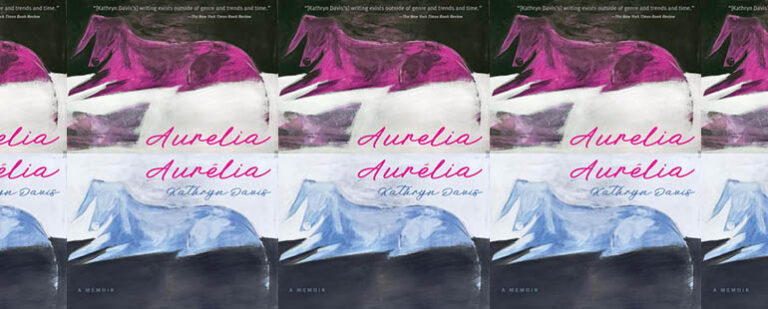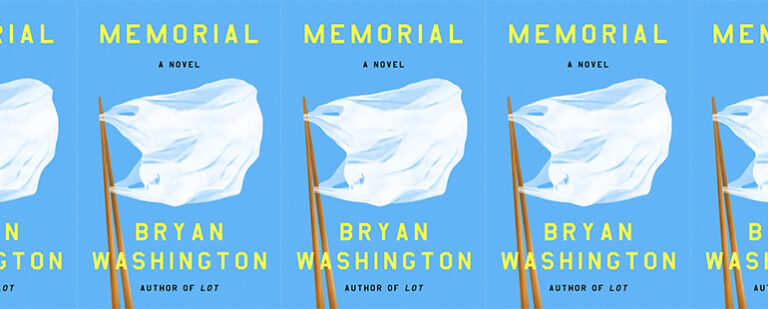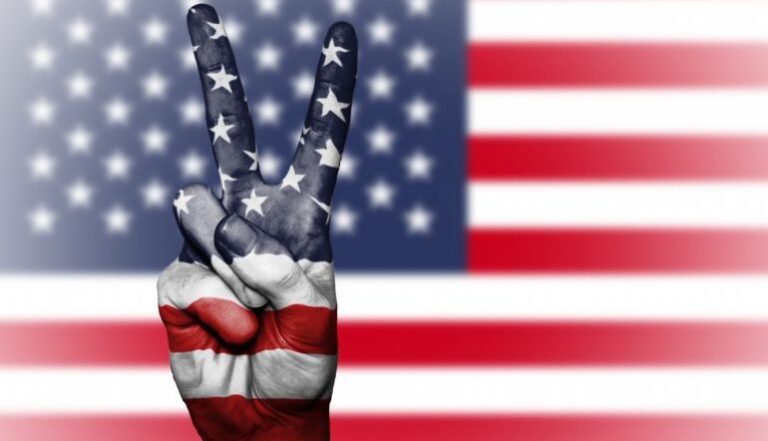The Ploughshares Round-Down: Do White Male Editors Only Publish White Male Books?
For most of the nonfiction books I sell, the editors I’m selling to have a lot of objective information on hand to guess at a title’s potential success: the author’s Twitter following, other books on the same subject, other books by the same author, the popularity of magazine articles on the same subject, and so forth. For highly narrative books, however, especially literary memoirs and fiction, editors have to work from much more subjective criteria, and the most important factor becomes whether or not the editors really, really like it. They have to love the characters and feel moved by the conflicts they encounter; they have to find the world the writer’s created both familiar and fresh.
It’s no surprise, then, that writers worry about submitting to agents and editors who might come from different backgrounds than their own. Will other people like the book if they can’t recognize some of the characters from their own lives?
The most interesting thing I’ve read in the past two weeks is an important essay in Buzzfeed by Daniel José Older, an urban fantasy writer, detailing the problems he and other non-white writers have faced in this area, and urging publishing to fight for greater diversity. Normally, I would summarize the piece I link to in more detail, but in this case it’s worth hearing out Older in his own words: “My friends all have the same stories,” he says, “of whitewashed covers and constant sparring with the many micro and mega-aggressions of the publishing industry.” The gist of his article is that writers of color face a host of problems, big and small, that they shouldn’t have to deal with in 2014.
I could write tens of thousands of words on this subject, but I’d like to stick to the two questions I know the most about. How white is the publishing industry, really? Answer: it’s pretty white. How big a problem is that likely to be when you’re submitting your manuscript? Answer: that depends.
How White Are We Talking About?
My widest submission in the last year was for a book about Marissa Mayer and what she’s doing at Yahoo. I sent it to twenty-one editors, more than seventy percent of whom were men, and all of whom were white. I have frequently presented books as an editor to a room full of only white people. And even from the sixteen books I’ve sold in the past twelve months, less than a third were by women, and only two were by non-white writers. The lack of diversity really is that bad.
So I hope we can all agree the pool of authors, characters, and book publishing employees is not nearly diverse enough. I’ll also admit I don’t have any quick and clear solutions to this—though, as you’ll see in a moment, I’m generally optimistic, as I’ve recently seen a lot of progress.
So Will My Editor Be A White Man?
I admit that we’re not in a world yet where, if you are a young Arab-American female novelist, you can find several high ranking Arab-American female editors to bid on your work. But that doesn’t mean there are no editors who will fall in love with and fight for your work, and sometimes they’ll share at least some of your background too. When this happens, it can be great; it spares you a lot of the frustration, as Older describes well, of having to justify your experiences to someone who doesn’t know your reality.
However, it can also have its downsides. I have seen, over and over again, a book proposal by a black author passed onto a black editor just because they both have the same skin color. If that book gets signed, it may get a black marketer and a black publicist. You can see why that isn’t helping anyone.
If you’re employed in publishing, working on a lot of books for a single niche—whether that’s conservative books, books about Latina women, or relationship guides—makes it harder for you to move up into management. So pushing an employee to work mostly within a niche, even if that push is an attempt to encourage diversity, ends up hurting that employee.
And if you’re a writer, you want the best possible editor, one who can champion your career for years, regardless of whether you have the same background or the same skin color. What matters the most is that this person loves your book and will convince others to love it, too.
Is Getting Your Book Published Impossible if You’re Not a Middle-aged, Balding White Guy with Glasses (Like Me)?
This interview with science fiction author Charles Yu has an accompanying graph on how white and male the New York Times bestseller list is, and admittedly it doesn’t look good—only 3 of the 124 authors on the list in 2012 were writers of color. (Yu also has a lot of other important things to say, including why he thinks parents from racial minority families discourage their children from going into the book business.)
Older accuses publishers of using statistics like this to hide behind “the Market,” turning down books by writers of color on the basis that not as many people read them. While I agree that this can happen, I think in this case Older has picked the wrong target—because the market is also a powerful tool for change. In fact, today the market is already demanding a wider variety of books, and with the rise of electronic publishing, self-publishing, and so many websites that provide traffic and social media metrics, it’s harder than ever to ignore what the market is saying.
Over my career, I have heard from colleagues that all kinds of books don’t work: African American histories, books about the media, negative books, books about millennials, liberal tirades, basketball books, and books in translation. Until the early nineties, everyone “knew” conservatives didn’t buy books. But these assertions came from anecdotal experience. Now, for the first time, publishers can’t hide from the empirical truth: pretty much any kind of book can work if done correctly.
I’m not trying to say the problem of diversity in publishing is already solved. Clearly, it’s not. Resources for books may still be distributed based on irrational beliefs. But it only makes sense for so long to promote exclusively books by and about white men, when clearly there is a huge appetite for a much wider range of material. My point, ultimately, is that—in publishing, at least—the camp for diversity and the market are now pulling in the same direction.
Because if you look at that chart of bestsellers again, you’ll note, for instance, that one of the authors listed under diversity is E.L. James—who rose to prominence by self-publishing. It’s not exactly a Jackie Robinson moment in book publishing, but it shows that the more publishing becomes a meritocracy of sales, the more agents and editors will have to go where the readers are.
Embracing Difference Will Get You Further
We may not be in an ideal world, but I don’t want to paint a dire picture, either. Editors favor novelty over relatability. They want to see a story they haven’t seen before. They want basic human conflicts—romance versus family, dreams versus practicality, culture versus justice—and they want to see those in scenarios they haven’t seen before. They want something that feels universally true but in a milieu they don’t know much about. This past Ploughshares blog post covers some of this ground well.
For instance, I’d bet a book about two middle class white Brooklynites in love faces more of an uphill battle than the story of one rich Brooklynite in love with one poor Bengali immigrant. (Though I have to admit, it’s hard to guess what the marketing department would want to put on that cover.)
There’s an old expression that you should write what you know, and it’s completely true. But you should update that to: write what you know that no one else has written about. Whether it’s life near a gas fracking site or growing up black in Idaho, that’s as likely to be the thing that gets you a book contract as gets you a rejection.


